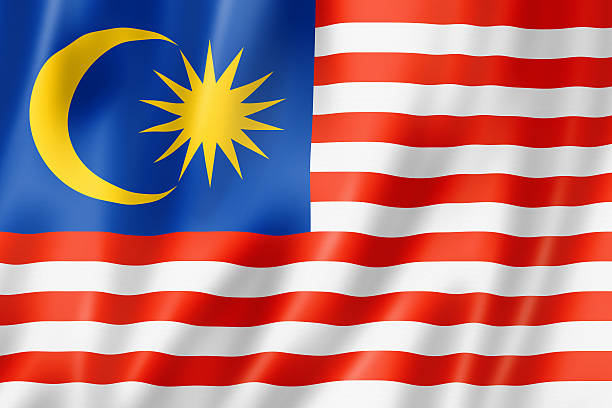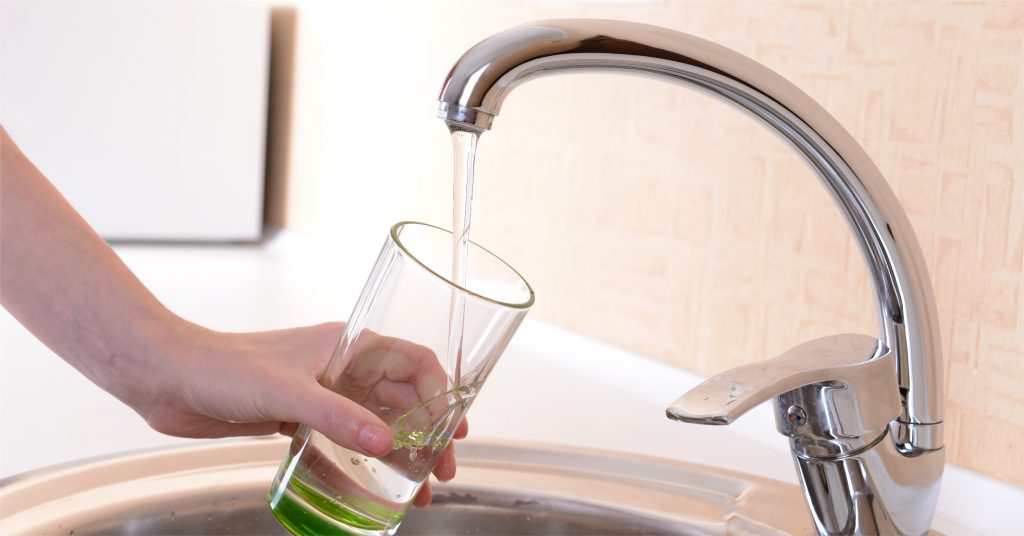Safe drinking water is a fundamental necessity for health and well-being. In many parts of the world, including Malaysia, there is a growing awareness and concern about the quality of tap water. As we dive into the topic, this blog will explore the safety of Malaysian tap water, examining the regulations, treatment processes, regional differences, and practical steps one can take to ensure safe drinking water.
Is Tap Water Safe to Drink in Malaysia?
When considering the safety of tap water in Malaysia, it’s important to first understand the regulatory framework that governs water quality. The Malaysian Ministry of Health (MOH) is responsible for setting and enforcing standards for drinking water. These standards are in line with the World Health Organization’s (WHO) guidelines, which aim to protect public health by ensuring that water is free from harmful contaminants.
The water treatment process in Malaysia is designed to meet these stringent standards. Water from rivers and reservoirs undergoes multiple stages of treatment, including coagulation, sedimentation, filtration, and disinfection, before it reaches households. These processes are critical in removing impurities and ensuring that the water is safe for consumption.
Quality of Tap Water in Malaysia
The safety of tap water in Malaysia can vary depending on the region. Urban areas, especially in states like Kuala Lumpur and Selangor, generally have better water quality due to more advanced treatment facilities and infrastructure. In these areas, the answer to “Is Malaysia tap water safe to drink?” is often yes, provided that the water comes directly from the tap without passing through old or poorly maintained pipes.
However, in rural areas, the situation can be different. Water treatment facilities in these regions may not be as advanced, and the distribution systems may not be as well maintained. As a result, the water quality can be inconsistent, and there may be a higher risk of contamination.
Several factors can influence the safety of tap water in both urban and rural settings. The quality of the source water, the condition of the distribution network, and even the local climate can all play a role. For instance, heavy rainfall can cause turbidity in water sources, making it harder to treat the water effectively.
Common Myths and Misconceptions
There are several myths and misconceptions surrounding the safety of Malaysian tap water. One common belief is that boiling tap water makes it completely safe to drink. While boiling can kill bacteria and viruses, it does not remove chemical contaminants such as heavy metals or pesticides that may be present in the water.
Another misconception is that all bottled water is safer than tap water. While bottled water is a convenient alternative, it is not always subject to the same stringent regulations as tap water.
Some people also believe that installing a simple filter on their tap ensures complete safety. However, not all filters are designed to remove all types of contaminants. It’s crucial to choose the right filtration system based on the specific concerns one has about the water quality in their area.
How Ion Exchange Ensures Your Tap Water is Safe
Drinking Water Treatment Solution
Ion Exchange, a pioneer in potable water treatment solutions in India, proudly offers a comprehensive range of products under our flagship brand, ZeroB. Our advanced drinking water treatment solutions include Point-of-Use cleaners for homes, which utilize cutting-edge reverse osmosis and ultrafiltration membrane technologies. Additionally, we provide water treatment systems for institutions and specialized rural and community water treatment systems. Our containerized water treatment systems deliver purified surface and groundwater for versatile applications, ensuring safe and reliable drinking water across diverse settings.
INDION Hand Pump & Power Pump Attachments
Ion Exchange offers resin-based solutions to remove arsenic, iron, fluoride, and nitrate contaminants from groundwater. Key features include:
- Affordable
- Treated water meets WHO drinking water standards
- Hand pump attachments do not require electricity
Conclusion
The question “Is tap water safe to drink in Malaysia?” does not have a straightforward answer. While the government has established regulations and treatment processes to ensure water safety, regional differences, and distribution challenges can affect water quality. Ultimately, the safety of tap water in Malaysia depends on several factors, including the condition of the water source, the treatment process, and the distribution network. By staying informed, debunking myths, and taking practical steps, you can ensure that the water you drink is safe.


